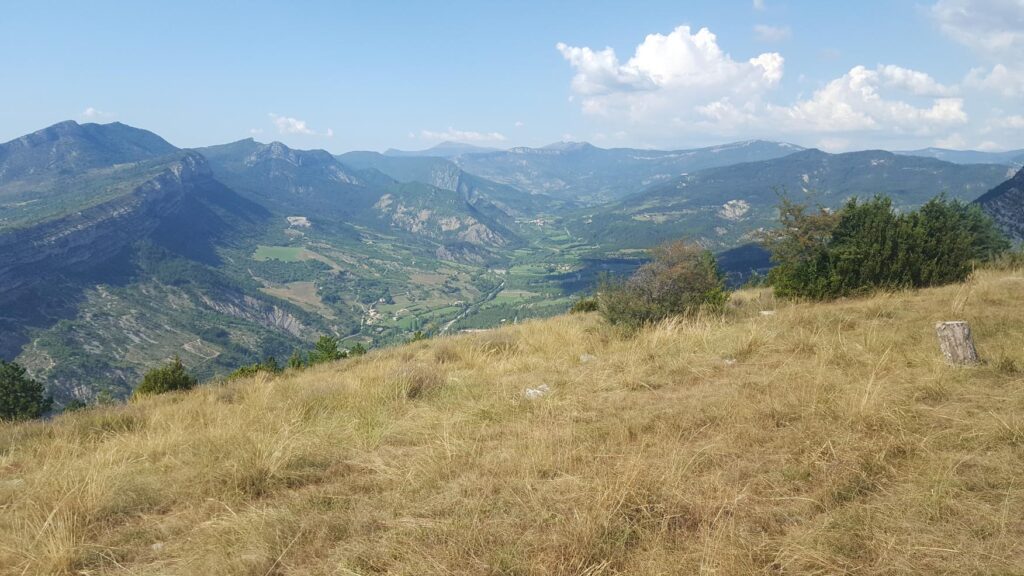Teams should work together, isn’t it?
It’s the expectation leaders are confronted with, especially when things don’t work out easily.
One, that can be based on a misconception of how working together happens in the team. Some teams aim for cooperation whereas others aim for collaboration.
The differences are subtle but relevant.
Cooperation is mostly about overcoming competition and deciding to give everyone a task to contribute to the process. It can mean to help others reach their goals and it can mean to split up the work to be done into different tasks. Individuals have ownership of the task they handle.
When cooperating people know that they contribute.
Collaboration on the other hand means to work together to solve a problem or achieve a goal. It leads to having a shared purpose and sharing its ownership. Helping one another happens due to the common cause more than out of the desire to help the other.
When collaborating people know how they contribute.
Both are ways to make teams productive. However, if some are seeking to cooperate whereas others collaborate, we’ll see differences in individual reactions. In the way errors are looked at sharing responsibility or giving responsibility. In the way differences in thinking is perceived as help or intrusion. In the way tasks or roles are given precedence.
Neither collaboration nor cooperation come by themselves. Cooperation may be easier to organize as it can be represented by a process or a split of tasks. Collaboration can only emerge from the way the culture is shaped and supported.
Crisis can be the exception. They can have the power to remind us of our ability to collaborate. That’s what happened when the global scientific community set out to address the pandemic. These are times in which collaboration can emerge by itself but as a result of having a threat uniting people in their fear and their hope. It removes the complications people added to their culture.

